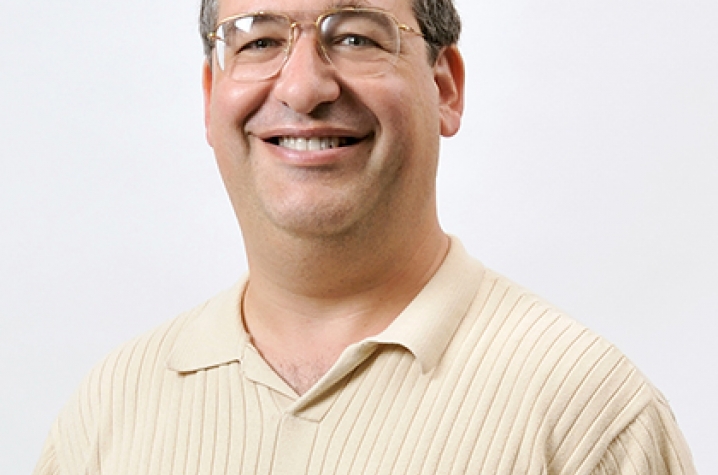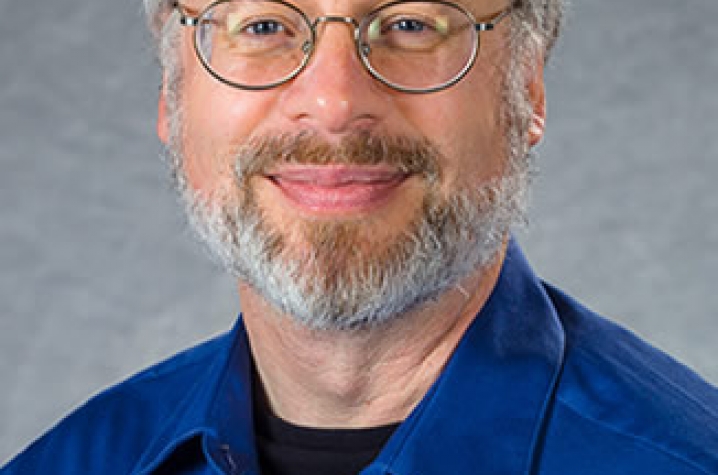UK's Grossman, Schardl Collaborating With Pennsylvania State University on NIH Grant
LEXINGTON, Ky. (Oct. 9, 2015) — Robert Grossman, professor in the University of Kentucky Department of Chemistry, and Christopher L. Schardl, professor and chair of the UK Department of Plant Pathology, are collaborators on a $461,237 National Institutes of Health grant to study oxidizing enzymes.
Led by Pennsylvania State University’s J. Martin Bollinger, the project will reveal the structures and mechanisms of iron- and 2-(oxo)glutarate-dependent oxygenase enzymes from plants, fungi and soil bacteria.
According to Bollinger's project description, the biosynthetic machinery generating a large number of important natural-product drugs are full of Fe/2OG oxygenases and a predictive understanding of the reaction mechanisms could enable repurposing of the enzymes and pathways for tailor-made drug compounds.
"These enzymes catalyze reactions that organic chemists simply cannot do," said Grossman, who is leading UK's work. "If we could understand how the enzymes work, we could repurpose them in a way that would allow us to make certain drug compounds much more efficiently and cheaply than we can currently do."
UK's contributions involve the study of a particular enzyme called LolO, one enzyme among several that certain fungi use to produce loline alkaloids, which are insecticidal compounds that protect the grass in which these fungi live. A graduate student in Grossman's lab will prepare specially labeled substrates for Bollinger's team to use in studies of LolO’s mechanism of action.
"The particular reaction catalyzed by LolO (converting two remote, unreactive C–H bonds to a strained C–O–C ether linkage) is extraordinary, which is why it merits study," Grossman said.
MEDIA CONTACT: Whitney Harder, 859-323-2396, whitney.harder@uky.edu







